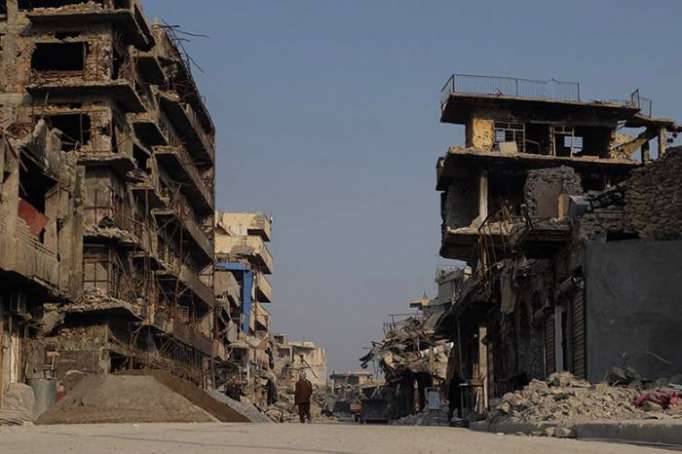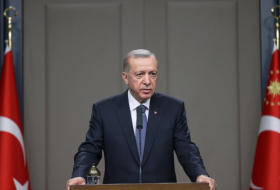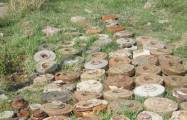"$22.9 billion needed for Iraq in the short term and $65.4 billion over the medium term," Salman Al-Jameeli said in a statement released Tuesday during an Iraq donors conference in Kuwait.
The reconstruction and recovery money would go to areas seized by ISIS, including the country's second-largest city of Mosul, during the militant group's conquest that began in June 2014, the statement said.
US Secretary of State Rex Tillerson, who joined the donors conference, called on members of the coalition fighting ISIS to help rebuild Iraq, which suffered tens of thousands of casualties.
"If communities in Iraq and Syria cannot return to normal life, we risk the return of conditions that allowed ISIS to take and control vast territory," Tillerson told a coalition meeting in Kuwait.
He announced an additional $200 million to support stabilization and early recovery initiatives in Syria.
Seven governorates in northern and eastern Iraq suffered $46 billion in damage, said the minister's statement. Recovery money would also be needed for the security sector, which requires $14 billion, as well the banking sector, which lost $10 billion in cash assets, according to the minister.
'The only ones who lost'
Iraq declared victory over ISIS in December 2017, three years after the group seized large parts of Iraq and Syria and created a self-proclaimed caliphate.
It's difficult to know exactly how many people were killed in the long campaign to oust the militants.
Foreign Minister Ibrahim al-Jaafari on Tuesday gave an estimate of 18,000 killed and 36,000 others wounded by ISIS or in the battle to eradicate the terror group. But that number may well be low.
An estimated 10,000 people were killed in the nine-month battle to recapture Mosul.
Some 3,000 bodies, mostly civilians, were recovered in Mosul after its liberation, said Laith Hababah, director of health for the province. "It is very difficult to determine the exact numbers of dead and wounded in the province of Nineveh due to various reasons, including the existence of several mass graves that have not yet opened." The removal of bodies from the city's rubble and mass graves is ongoing, Hababah said.
Sukaina Mohammed Ali, an adviser to Nineveh's governor, said hundreds of women were killed by ISIS militants or died during the military operation to free the city. Thousands became widows and many were kidnapped by members of the group.
"Nineveh has been so badly damaged that 90% of it is destroyed and it is the second largest city in Iraq," said Jaafari in a reference to Mosul.
Civilians also were killed by coalition airstrikes targeting ISIS.
Casualty figures were gathered from morgues, government departments and elsewhere.
In Mosul alone, nearly 900,000 people were displaced from their homes.
During the eight-month battle there that ended last July, more than 500 buildings were obliterated and thousands of others damaged, United Nations satellite imagery showed.
CNN
More about: Iraq
















































